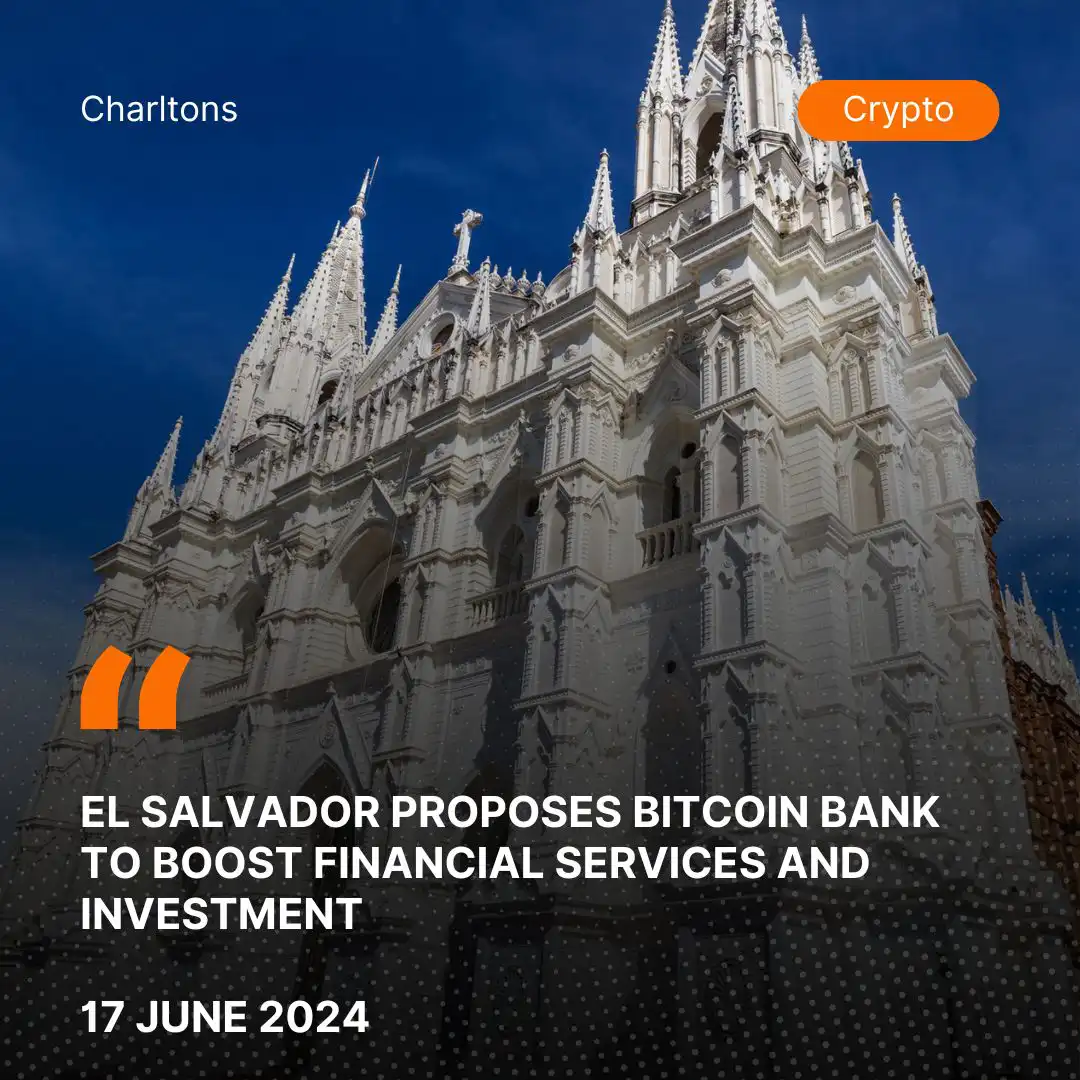
El Salvador’s President Nayib Bukele has proposed the establishment of a Bank for Private Investment (BPI) to diversify financial services offered in both U.S. dollars and Bitcoin. This initiative, announced by Milena Mayorga, the Salvadoran Ambassador to the United States, aims to attract international investment and enhance the nation’s financial landscape.
“As part of our economic plan for El Salvador, we propose a BPI, Bank for Private Investment, where we can diversify the financing options offered to potential investors in Dollars and Bitcoin,” Mayorga stated.
The BPI proposal marks a significant step under President Bukele’s second term, following his recent re-election in February. According to El Mundo, the proposed BPI would not be subject to the stringent regulations that traditional banks face, including restrictions on engaging with overseas banks and limitations on loan amounts. The new private investment banks would require a minimum share capital of $50 million and at least two shareholders, who may be foreign investors. This initiative opens the door for international investment in El Salvador’s banking sector.
Max Keiser, a senior Bitcoin advisor to Bukele, highlighted that this move aligns with Ark Invest CEO Cathie Wood’s prediction of a substantial increase in El Salvador’s GDP over the next five years. Keiser noted that the establishment of the BPI could significantly enhance El Salvador’s financial services sector by leveraging Bitcoin and other digital assets.
If approved, the BPI would operate in any legal tender, including the U.S. dollar and Bitcoin. Additionally, it could seek approval to become a digital asset and Bitcoin service provider, further integrating Bitcoin into El Salvador’s financial system. However, the proposal is still under review by the Technology, Tourism, and Investment Commission and has not yet been approved.
“The reform has not been approved; The legislators have not yet agreed to call officials to consult the objectives of the project nor have they put it to a vote in the Commission,” the report stated.
El Salvador’s adoption of Bitcoin has been a notable aspect of President Bukele’s economic strategy. Since making Bitcoin legal tender in September 2021, the country has seen mixed results. The government has aimed to attract crypto investment and tourism, and to increase financial inclusion among its citizens. While there have been challenges, including volatility in Bitcoin’s price and skepticism from international financial institutions, the country has also reported increased economic activity and tourism.
The proposed Bitcoin Bank could further enhance El Salvador’s position as a pioneer in cryptocurrency adoption, potentially attracting more international investors and fostering economic growth.





